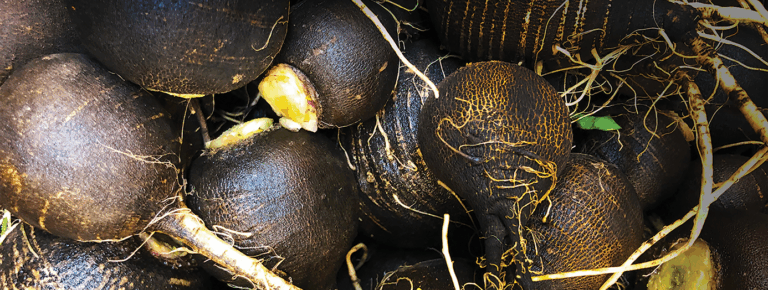Black Cumin Seed for Digestion, Metabolism, and Women’s Health
Summary
Black cumin seed, a common ingredient in Middle Eastern and Asian cuisine, is an herb known for its relief of indigestion, arthritis, and asthma among many other conditions.
Black cumin seed (Nigella sativa) is an herb known for its relief of indigestion, arthritis, and asthma among many other conditions. Black cumin seed is also a common ingredient in Middle Eastern and Asian cuisine, and is known for promoting brain function.
Numerous clinical studies conducted all over the world indicate a variety of therapeutic benefits associated with black cumin seed. One study of type 2 diabetic patients with poor glycemic control showed improved glycemic control after two days of supplementation. In another, black cumin seed intake improved glucose homeostasis after one year of supplementation in patients with poorly-controlled type 2 diabetes, improving parameters such as fasting blood glucose, insulin resistance, and beta cell function.
Additionally black cumin seed was shown to improve fasting blood glucose and insulin levels for diabetic patients who struggled to reduce fasting blood glucose levels despite usage of oral diabetes medications.
Some studies showed improved lipid levels for a group of individuals at risk of developing metabolic syndrome and for menopausal women with high blood pressure at risk of hyperlipidemia.
Black cumin seed was found to reduce symptom severity for individuals with allergic rhinitis (also called hay fever), and another study found improved pulmonary function for individuals with asthma.
Lastly, one study showed improved levels of thyroid-stimulating hormone for individuals with chronic lymphocytic thyroiditis, the most common cause of hypothyroidism in the United States. Black cumin seed has also been positively linked to mood and cognitive function, weight loss, and cancer.







